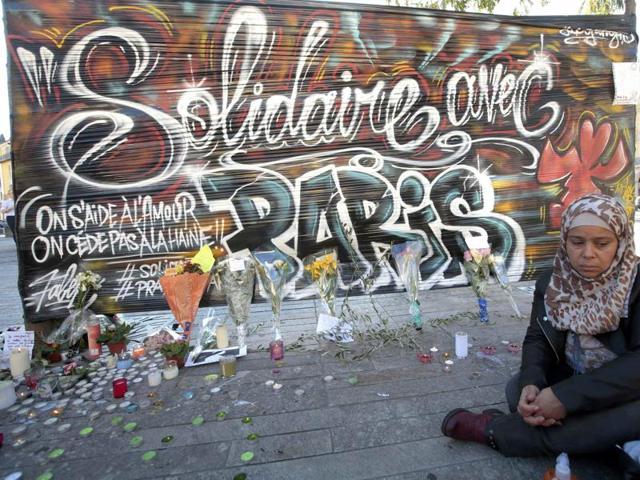The following is a press statement issued by the Muslim Youth Movement at the University of Cape Town:
It is now routine that we must remind people of the ways in which the presiding narrative will maliciously defend those controlling it and lash out against those it oppresses. There are several points that we need to keep in mind while discussing the events of the past few days.
The clearest case of our selective morality is the 44 killed in bombings in Beirut on the same day as the Paris attacks – with much less coverage, and attention now given only in contrast to the latter incident. The mourning of white lives over black lives is a feature of the presiding hegemonic narrative. Here in Cape Town, we have to look no further than the normalisation and ignoring of extreme gang-related violence and the killings that happen every day. The normalisation of violence and the targeting of black people should cause us to be more outraged, not less.
France is one of the most Islamophobic countries in the world, through its laws, social attitudes and colonial history. Violence is not only defined in bombings: Muslims in France are subjugated to laws and experiences that violently negate their existence. Parisian society is undeniably complicit, actively and through silence. So, condemn the murders, but do not stand in solidarity with France – a state that is violent towards Muslims and People of Colour (PoC) on a daily basis.
The reaction, which has already begun, will be to target the lives of Muslims. Much of the Muslim population in France are PoC migrant workers from former colonies or refugees from the MENA region, and therefore will be triply victimised (bigotry against Muslims exacerbated by class and race). Islamophobia will rise in France and in many other places with Muslim minority populations in the next few weeks. Perhaps there will be some initial solidarity, but whiteness prevails in subtle, slow-moving and long-lasting forms. Already, we have seen the explicit rise of anti-Muslim white supremacy in other parts of Europe through neo-Nazi political parties.
Many Muslim people across the world are made to feel responsible for the atrocities committed by ISIS. This is consistent with the Western narrative that People of Colour and those who belong to marginalised religions and ethnicities are forced to represent their entire community; in contrast to white people who have the privilege of only representing themselves. While it is important to personally condemn acts of violence by ISIS and other Muslim extremist groups, and mitigate extremism in our local communities, as Muslim people there is no duty on us to apologise for acts that we are not complicit in.
While we fully acknowledge the role that geo-political factors had in the creation of Muslim extremist groups, like ISIS, we also need to critically comment on the Islamic legal precedent tradition (fiqh) that ISIS draws on. The medieval fiqh manipulated by ISIS to justify their actions was negotiated in a radically different socio-political context where classical Islamic jurists (who were deeply connected to the state) created legitimacy, through the law, for a belligerent imperialist politics of the Abbasid caliphate on the one hand and the Byzantine Empire on the other. Contemporary Muslim extremist groups, such as al-Qa`ida, Boko Haram and ISIS, have employed the classical doctrine of jihad al-qital (struggle of warfare) to legitimate their struggles against colonial or post-colonial secular state rule.
This controversial and limited interpretation of jihad fails to capture the full range of the term’s
rich meaning by confining it to the physical form of struggle. Moreover, the orthodoxy practised by mainstream Sunni Muslims contains dangerous features of this same tradition – features that refuse to develop with contemporary context or engage with intersectionality. We call on every Muslim to challenge these hegemonic doctrines, alongside the numerous Muslim scholars who continue to do so. The discussion of these bombings cannot be taken in isolation to these and many other points. We pray for all the lives lost during this time.






 WhatsApp us
WhatsApp us 

